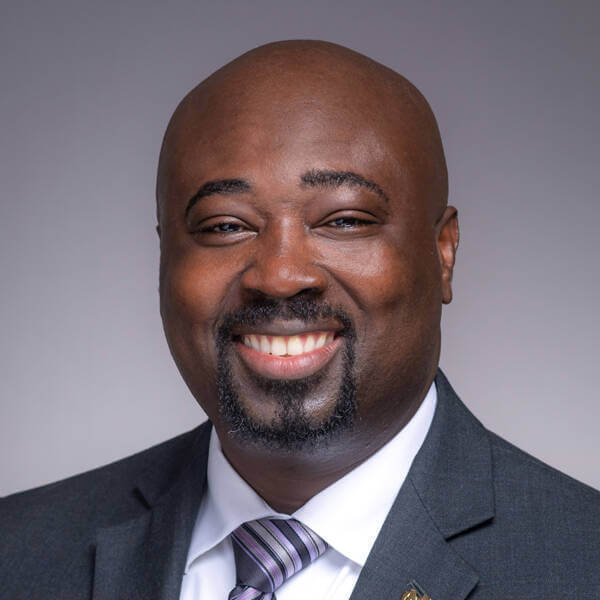The “good immigrant” trap
I grew up in Nigeria and race was not a concept because again, it is a majority Black country. So we did see, there were white people in Nigeria, and there's a different dynamic when it comes to colonial countries or post-colonial countries and their relationships with Europeans. So, there's still an elevation of status that's perceived amongst people, even amongst Black people. So I did see, there was a general reverence for Europeans, growing up as a kid. I remember going to school, one of the schools I went to as a kid was a school run by German expats. And it was a very good school so my parents sent me to that school. This was when I was quite young. And there was always that “don't mess around with the white kids because their parents are powerful, or they are important and everything.”
So it's not the same. I see a lot of the reverse, right, in cultures like here or when I was in England, where the natives, the dominant race obviously, seems to treat the minority group as like ‘okay, well, you're the other;’ but in Africa and Nigeria, and in Africa in general, the perception was a little bit different. Again, I think it's colonial vestige, right, it is like these are the overlords, right. So there's still that reverence there. So it wasn't confrontational, it wasn't bad. It was just like there was that, ‘oh, yeah, those are the white kids over there,’ and it was looked at positively; they’re like ‘oh, yeah, they’re good, cool.’ There was no tension in the sense of like a negative, in a negative way. So it never manifested that way to me.
There is also a tension that exists – I don't know if anybody has mentioned this at all in these conversations – that exists between Black immigrants from Africa and African Americans. Right. So that tension, again, was unknown to me. I had no concept of that, until I got to college here in the US. That's when I first started seeing that, and that's where I started to see people in pockets. I’d see people in pockets at my job at Denny's and other places I worked at then, and I came back to college and I started to see more of that on campus, at college. You see people kind of like birds of a feather flocking together. Again, not something I was exposed to before, so even then I started to notice that the African Americans did not see me as the same as them, and the white students obviously there were the racial issues. But it was odd that I actually felt that I was more welcomed by the White students than the African American students. And it took me a long time to learn what was going on. I had no idea what was going on. And eventually, as I've been here for 25, 26 years now in the US, and I understand what was happening there, but it was something that was so odd to me. But yeah, but I did see pockets of race and racial tension at different times. People were mean sometimes and I didn’t know why. And the challenge with being a minority, though, and interacting with somebody who's white or who's the majority class, is when somebody is a jerk. If I was white, I would just say they’re a jerk. If you're a minority, you don't know if he's just being a jerk or if they’re being racist. And that's where the challenge comes. And I talk to my friends sometimes about this, this is kind of a weird burden that we have, like, I don't know what to make of your response. Because are you just being a jerk? Or is there something more insidious going on in your mind? I have no idea. And that's a challenge that we deal with sometimes because we have to constantly just be on guard like I'm not sure exactly what I'm dealing with here.

Fred Nwanganga
Fred Nwanganga is an Associate Professor of IT, Analytics, and Operations in the Mendoza School of Business at Notre Dame.